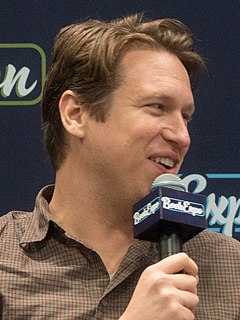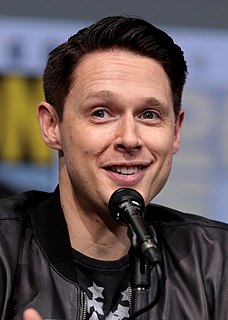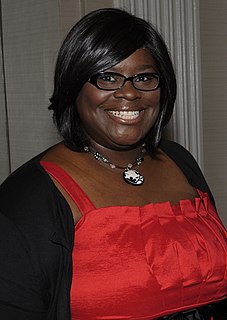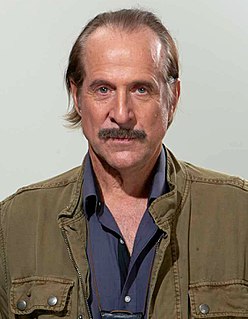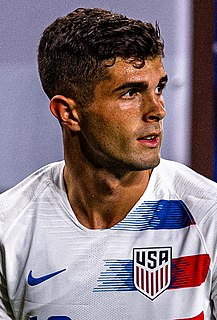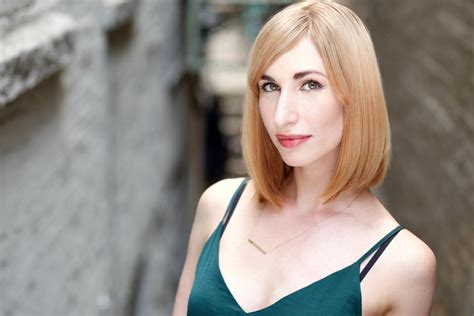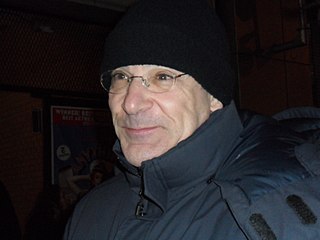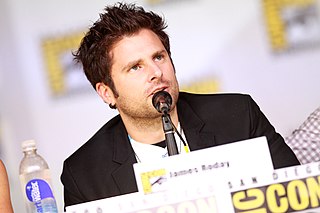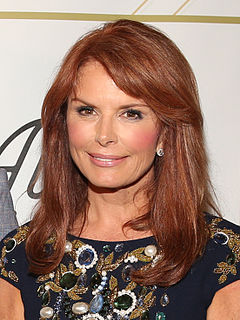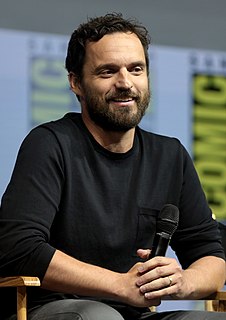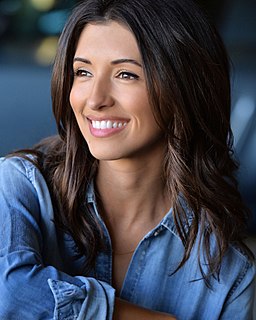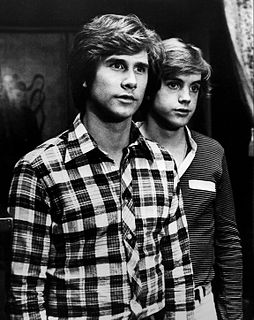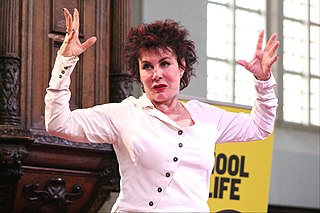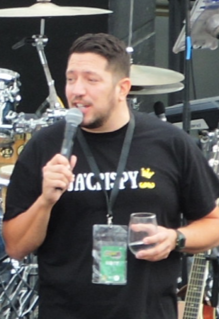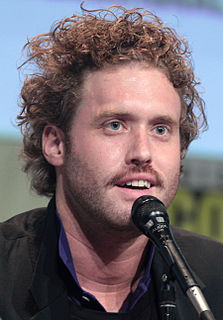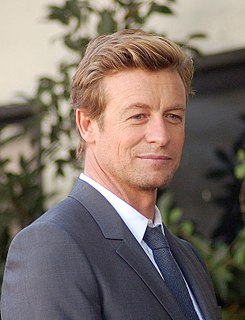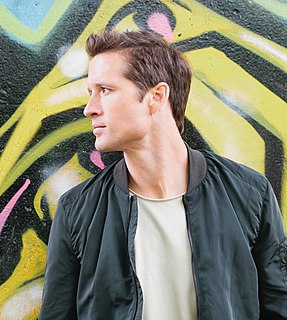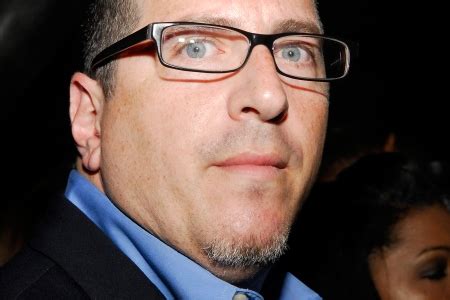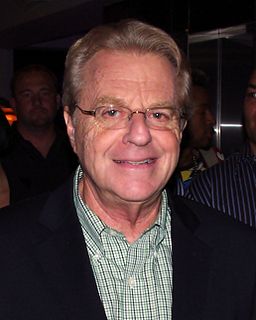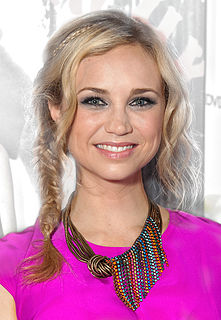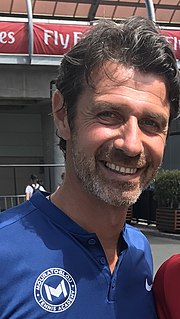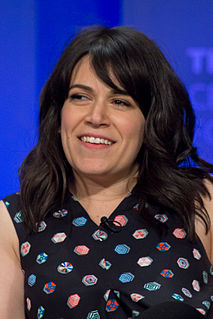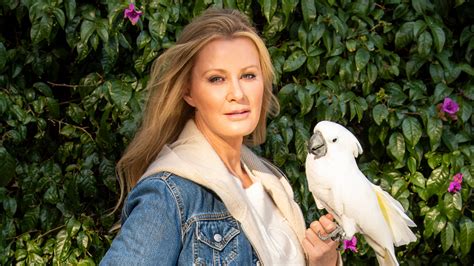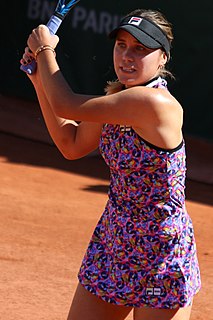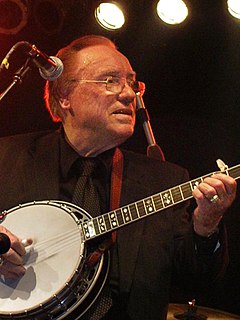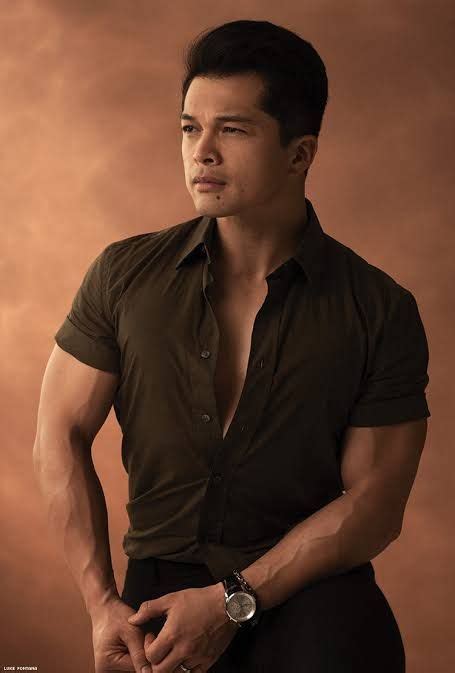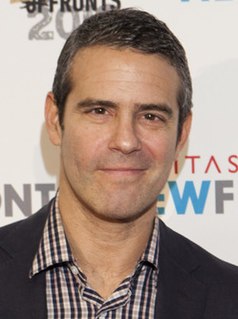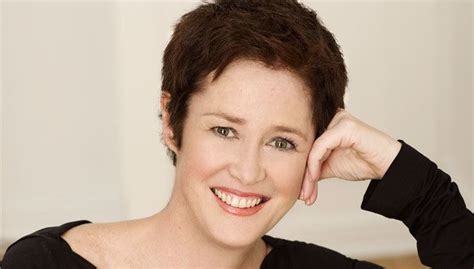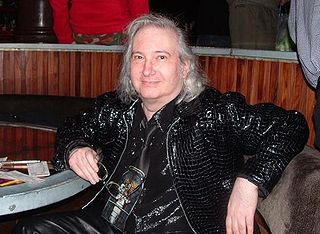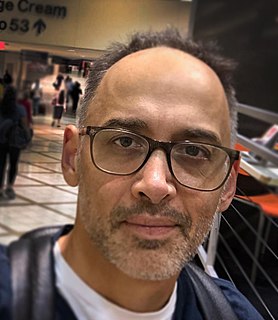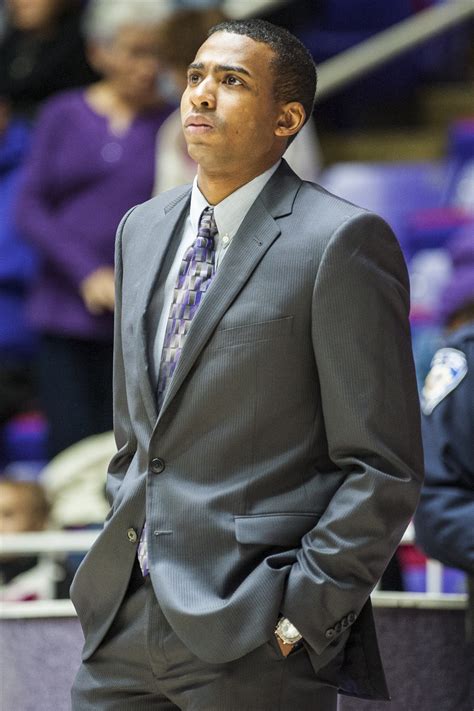Top 1200 Quiz Show Quotes & Sayings - Page 3
Explore popular Quiz Show quotes.
Last updated on April 16, 2025.
Ah, mother! How do you do?' said he, giving her a hearty shake of the hand; 'Where did you get that quiz of a hat? It makes you look like an old witch...' On his two younger sisters he then bestowed an equal portion of his fraternal tenderness, for he asked each of them how they did, and observed that they both looked very ugly.
It [The Esemblist] is also about the generation of audience members that are watching shows and listening to us at the same time; hopefully, in time, when they listen to our show and then go see a show, they'll realize even more what it takes to make a show, and they'll know even more about everybody on stage, rather than just people above the title of the show.
I was a crazy Pee-wee Herman fan when I was in my early teens. Before he had the kids' TV show, he had a nightclub show in L.A., and I had gotten a VHS copy of it. It was a kids' show, but onstage in a bar, so it's sort of poking fun at the kids' show. And I was obsessed with that, and then 'Pee-wee's Big Adventure.'
I had no interest in being an actress what so ever, and when I was about 14 or 15, I was signed to a company in England. They owned a children's TV show which they put me in as a singer, and I was on the show for three years, and I left the show when I was 18 and started looking for a record contract.
I have always been involved with radio, whether it was as an artist talking to radio about my own songs, or as a promotion man at Def Jam to working records through my company. In 2000 I was asked to host a show in Norfolk VA and through that show I was then asked to host the morning show in Detroit. The concept of the show was around Hip Hop. We were active in the community and we wanted to do a local show that had a hip hop feel around it.
One of the things I've learned - before I would go on a show, I was like, "Oh God, I hate that show" or "That show is gonna get canceled." But now after being full-time on a show, you see how difficult it is and how much work goes into it and how so many decisions are based on finances or people's schedules or talent or location issues. It's a miracle that anything gets made.
I love a smart, well-written show, and '30 Rock,' well, you can't get any better than that. Tina Fey poos funny. There's nothing that she does that isn't funny. That show is an example of how brilliant she is. It's so smart. They've done some brilliant commentary about the 'Housewives' with 'Queen of Jordan,' their show-within-the-show.
Let me show you how to drive me crazy,Let me show you how to make me feel so good,Let me show you how to take me to the edge of the stars and back again.You've gotta show me how to drive you crazy,You've gotta show me all the things you wanna happen to you,We've gotta tell each other everything, we always wanted someone to do.
